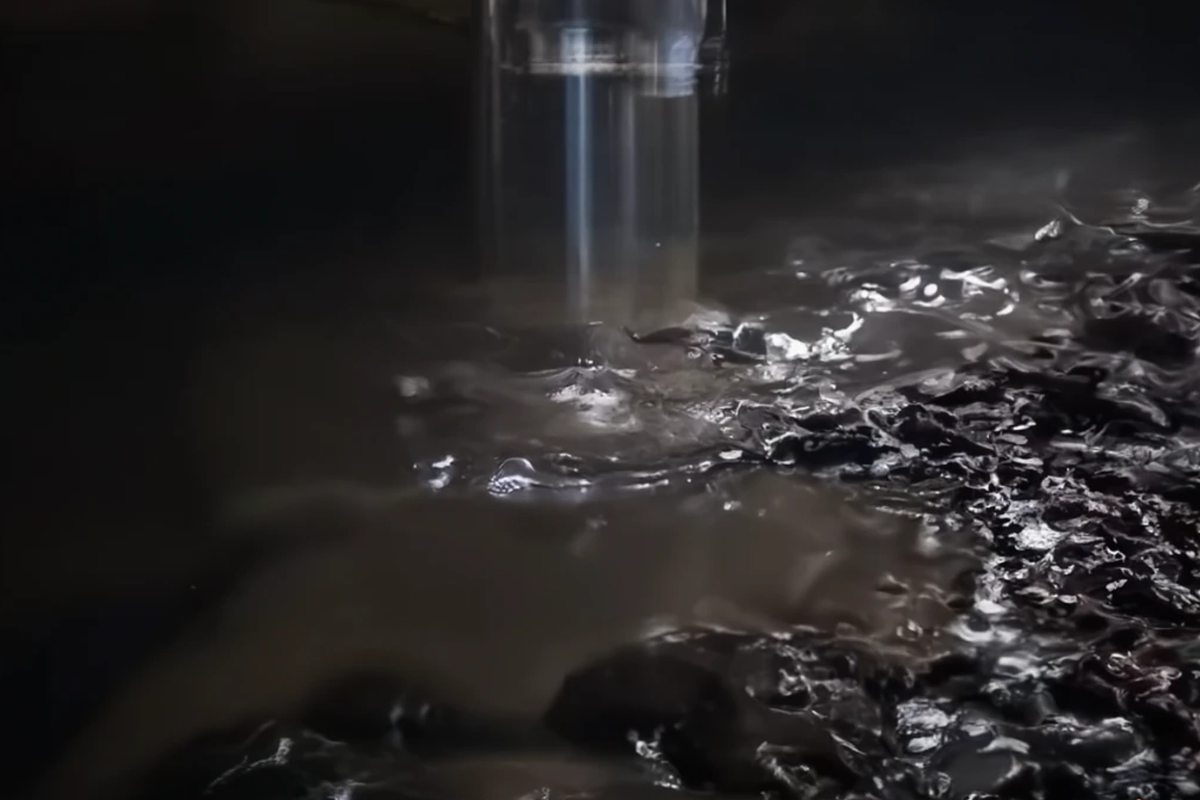When water is purified in wastewater treatment plants, sludge is produced, which is also called biological sludge or sewage sludge. This sludge contains particles that have been removed from wastewater during the treatment process, including organic matter, microorganisms, impurities, and sometimes heavy metals.
Sludge treatment is an important component of wastewater treatment plants, as it is necessary to properly manage this by-product in order to reduce negative impacts on the environment and human health.
In Serbia, the most common resort is to dispose of sludge in landfills, which will be prohibited from the moment of harmonization with the European directive on water and its implementation.
In the world, there are more and more examples of the production of thermal energy from waste water, and also the production of electricity from waste sludge.
In Europe, there is a significant implementation of technologies for the production of heat energy from waste water. Denmark is known for its advanced wastewater treatment plants that use anaerobic digestion to produce biogas, which is then used to generate heat and electricity. Similar examples exist in others
European countries like Sweden, Holland and Germany. Such examples can be found all over the world.
This method of energy production is a sustainable alternative to traditional energy sources because, as it has already been proven, the application of this practice reduces the greenhouse effect and promotes the preservation of the environment.
Estimates are that one wastewater treatment plant in an average-sized city can produce from several dozen to several hundred megawatt-hours of thermal energy per year.
The necessary components and systems required for sludge processing and energy production can be integrated into an existing wastewater treatment plant or can be built as part of a new plant.
Sludge can be used for other purposes through various processing treatments. Great Britain is leading the way in using processed sludge as fertilizer, which is then distributed to farmers. Experts claim that there is a lot of phosphate and natural phosphorus in the mud, and there is a shortage of these elements in the world. By using this fertilizers in agriculture, natural nutrients are returned to the soil and it is refined. Sludge has the value of a multivitamin preparation for soil depleted of nitrogen compounds.
In Serbia, for now, there is no such method of using sludge, but according to experts, there is interest and potential for using waste water as a source of energy.


